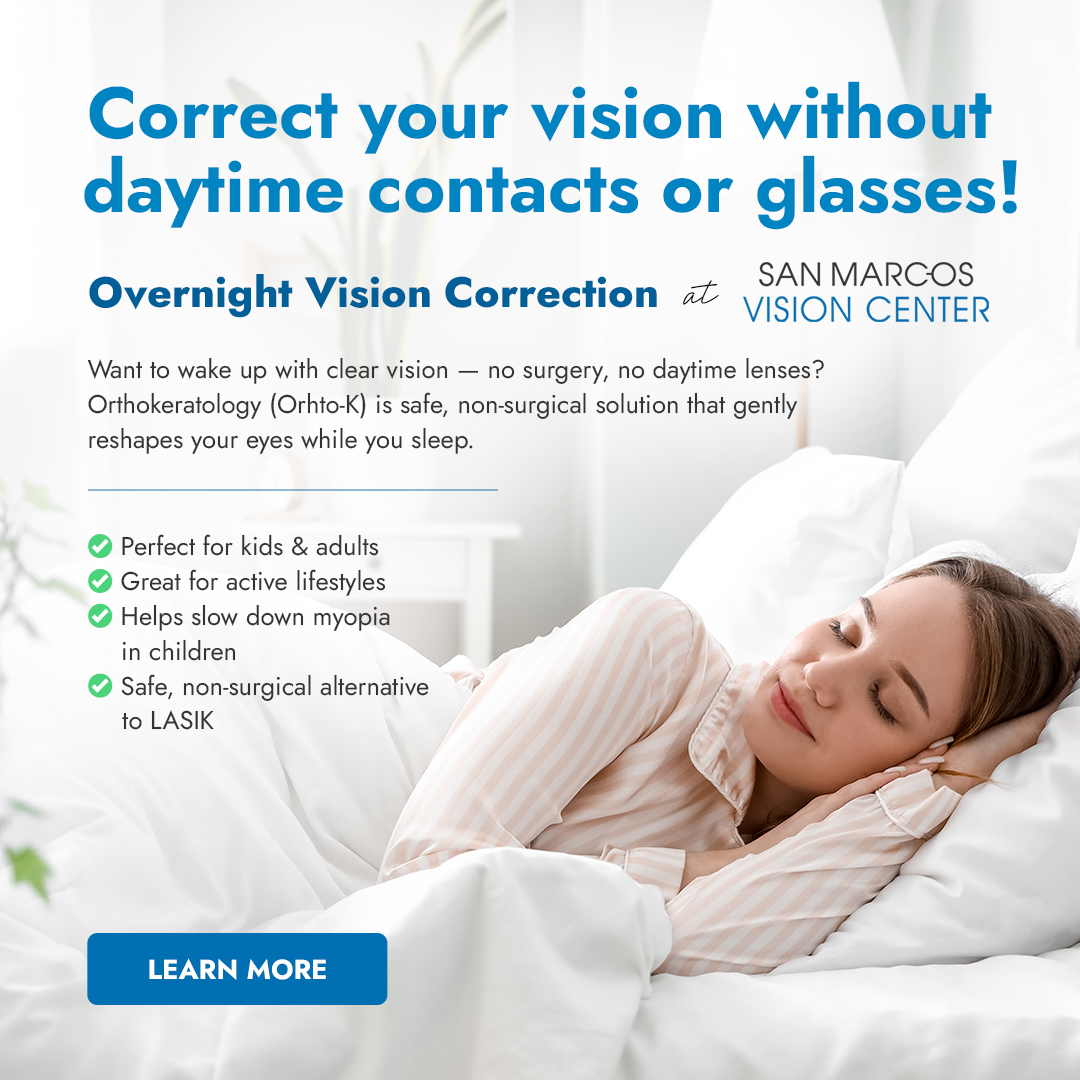
Macular degeneration, a leading cause of vision loss in older adults, is a progressive eye condition that affects the macula, the central portion of the retina responsible for sharp, central vision. This condition can significantly impair your ability to perform everyday tasks that require detailed vision, such as reading, driving, and recognizing faces.
What is Macular Degeneration?
There are two main types of macular degeneration:
1. Dry Macular Degeneration: This is the most common form, characterized by the gradual breakdown of the macula's light-sensitive cells. It typically progresses slowly and may cause minimal vision loss initially.
2. Wet Macular Degeneration: This more severe form occurs when abnormal blood vessels grow underneath the macula and leak blood or fluid, causing rapid vision loss if left untreated.
As the disease progresses, you may experience blurred or distorted central vision, making it challenging to perform tasks that require sharp, detailed sight.
The Causes of Macular Degeneration
While the exact causes of macular degeneration are not fully understood, several risk factors have been identified:
- Age: The risk of developing macular degeneration increases significantly as you age, with most cases occurring in individuals over 60 years old.
- Genetics: Certain genetic variants can predispose you to developing the condition, particularly if you have a family history of macular degeneration.
- Smoking: Tobacco use is a significant risk factor, as it can damage the delicate blood vessels in the eye and increase oxidative stress.
- Diet: A diet lacking in essential nutrients, such as antioxidants and omega-3 fatty acids, may contribute to the development of macular degeneration.
- Sunlight Exposure: Prolonged exposure to ultraviolet (UV) light from the sun can damage the macula over time.
- Obesity and Cardiovascular Disease: These conditions may increase the risk of developing wet macular degeneration due to their impact on blood vessel health.
Is Macular Degeneration Preventable?
While there is no guaranteed way to prevent macular degeneration entirely, certain lifestyle modifications and proactive measures can help reduce your risk and potentially slow the progression of the condition. Here are some effective prevention strategies:
- Quit Smoking: If you smoke, quitting is one of the most significant steps you can take to lower your risk of macular degeneration and other eye diseases.
- Maintain a Healthy Diet: A diet rich in antioxidants, such as lutein, zeaxanthin, and vitamins C and E, can help protect the macula from damage. Include plenty of leafy green vegetables, fruits, and fatty fish in your diet.
- Exercise Regularly: Regular physical activity can improve cardiovascular health, which in turn supports healthy blood flow to the eyes and reduces the risk of macular degeneration.
- Wear Sunglasses: Protect your eyes from harmful UV rays by wearing sunglasses with UV protection when outdoors.
- Manage Other Health Conditions: Controlling conditions like high blood pressure, diabetes, and obesity can help reduce the risk of developing macular degeneration and other eye diseases.
Why Regular Eye Exams for Seniors
Regular comprehensive eye exams are crucial for early detection and monitoring of macular degeneration, especially for individuals over the age of 60. Early detection can significantly improve treatment outcomes and help preserve your vision.
During an eye exam, your optometrist will:
- Assess Your Vision: They will perform various tests to evaluate your visual acuity, contrast sensitivity, and color vision.
- Examine the Retina: Using specialized imaging techniques, they can examine the macula and retina for signs of macular degeneration or other eye conditions.
- Monitor Progression: If you have been diagnosed with macular degeneration, regular exams can track the progression of the disease and guide appropriate treatment decisions.
It's essential to follow your eye doctor's recommendations for the frequency of eye exams, as early detection and timely intervention can make a significant difference in preserving your vision.
Schedule Your Comprehensive Eye Exam with San Marcos Vision Center Today
While macular degeneration is a serious condition, adopting a proactive approach to eye health can significantly reduce your risk and potentially slow the progression of the disease.
For further guidance on macular degeneration prevention and treatment options, schedule a comprehensive eye exam with Dr. Sturm. Early detection and proactive management can make a significant difference in preserving your vision. Contact San Marcos Vision Center at our office in San Marcos, Texas, or call (512) 890-0660 to book an appointment today.

 Specialty Contacts
Specialty Contacts





